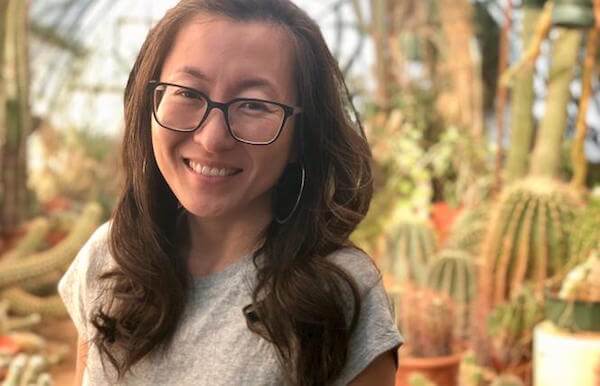It’s a sad truth that when it comes to disability etiquette and norms, many people and organizations fall short on the awareness scale. And perhaps it’s this very lack of understanding that pushes able-bodied individuals to constantly ask people with disabilities intimate questions about their conditions — no matter the place, time, or circumstance.
For Mia Mingus, who had polio as an infant, and has had her share of inquiries about her physical disability from the public, humor has been a way to deal with all the questioning. She tells people: “I fell out of an airplane” or “I was attacked by a tiger.”
But all laughs aside, the 37-year-old queer writer and community educator from Oakland shares that her sense of safety is probably the biggest factor in dictating how she deals with the questioning.
“I am constantly assessing my environment, the people around me, and the relationships I have to them, when navigating any kind of oppression or threat of violence. For example,” she continues, “for the ever-persistent, ‘what’s wrong with you?,’ I often reply, ‘nothing, what is wrong with you?’ Or, sometimes I just say, ‘I have a disability,’ and end it there. These are all when I am in situations where it is safe enough for me to do so, because often times it is not safe.”
Mingus explains that able-bodied people can feel entitled to the time and attention of people with disabilities, and if they don’t receive it, they can get mad, angry, or even violent. She says, “Similarly to the ways in which men and masculine people feel entitled to women, femmes and feminine people’s time, attention, and labor, when we say ‘no’ or do not comply, there are serious consequences we may face.”
Whether intentional or not, Mingus points out forced intimacy dehumanizes people with disabilities. It helps to normalize ableism — the system of oppression that gives people superiority based on physical and mental ability.
“Ableism created and depends on the binary of ‘able-bodied’ and ‘disabled.’ Ableism is connected to, and mutually dependent with, other forms of oppression and violence,” says Mingus.
In the LGBTQ community, Mingus believes that ableism is palpable and contributes to the exclusion of people with disabilities — especially at pride events.
“I think we have a long way to go before pride events are accessible, because it is not only the logistical access, which definitely has a long way to go, but it is also the culture of ableism as well,” she says.
To combat forced intimacy and ableism, Mingus suggests people explore their able-bodied privilege. She says, “For starters, abled queer people can do their own work to learn about and understand disability, ableism, access and, most importantly, their abled privilege and how it connects to heterosexism, the gender binary, homophobia, transphobia, and trans misogyny.”
“At this point,” Mingus adds, “there are countless resources for those who are interested in learning. There are activists you can follow on social media, who routinely share educational resources, articles and posts. There are also queer and/or other social justice groups that they can find that have not only created material on this, but also have incorporated changes into their work.”
You can learn more about Mia Mingus’ work on her website at https://leavingevidence.wordpress.com/.

